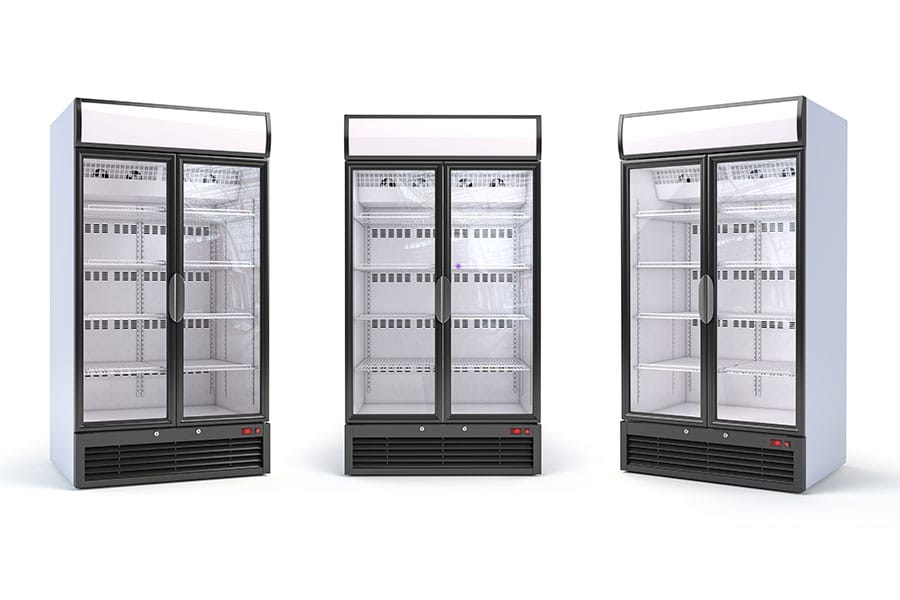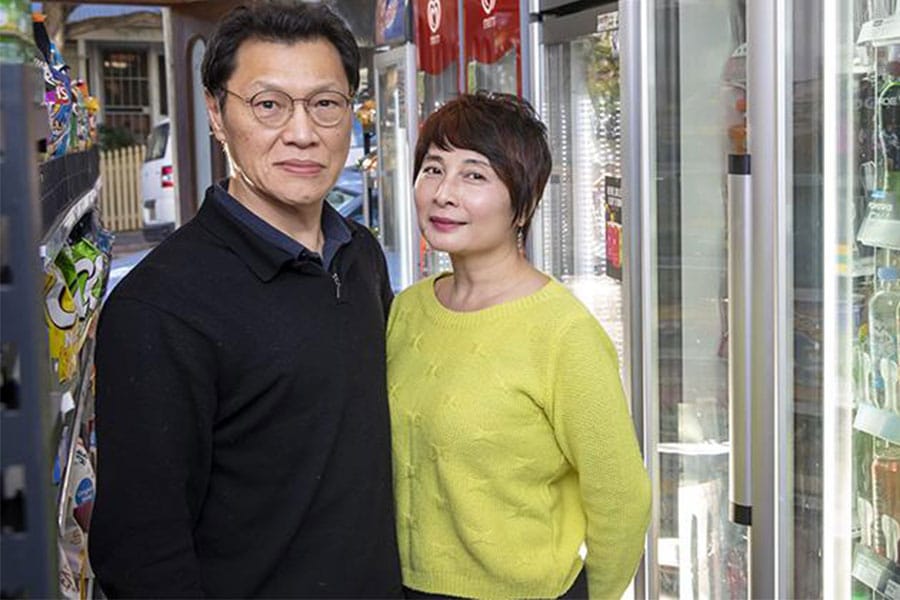Refrigeration
Did you know that Refrigerant Management is the no. 1 global opportunity to reduce climate change? With refrigeration playing a critical role in keeping food safe to eat, and drinks cold enough to enjoy, the food service equipment industry aim to be leaders in delivering efficient and sustainable new refrigeration technologies. However, it’s not just about doing the right thing for the environment, using more efficient refrigeration will save hospitality businesses big money off their energy bills.
Specialist NAFES members are heavily engaged on developing government standards to improve the efficiency and environmental credentials of commercial refrigeration. At the same time, these members are delivering significant improvements in their products to ensure customers have access to the most environmentally responsible and efficient refrigeration available.
There are various regulations in Australia and New Zealand for commercial refrigeration. These are summarised below.
- Regulations for energy efficiency and labelling
- This is legislated under the Greenhouse and Energy Minimum Standards Act 2012 – with new rules becoming compulsory for a wide range commercial refrigerator cabinets from August 2020.
- You can read a summary of this legislation here.
- Use of Refrigerants:
- There is phase down programme for chemical HFC refrigerants, which includes levies attached to some gases that are bad for the environment.
- We recommend customers choose new generation products that use natural refrigerants usually called Hydrocarbons.
- You can read more about this phase down programme here.
- Standards for safety
- With natural refrigerants you should also be aware of AIRAH guidelines for safe servicing. You can read about this here.
- Refrigeration products also need to comply with Australian electrical standards. The compliance framework may change dependant on the product specifications.
Other standards and legislation may exist, depending on a product’s specification.
Please note the anybody involved in the sale of equipment (ie manufacturers, importers, resellers and specifiers) has a legal obligation to ensure the products they sell meets all local standards. It is illegal to market any products that are non-compliant. When purchasing any commercial equipment we strongly advise you check that it is legal to sell, as some operators illegally import products. Significant fines can be charged to any person(s) involved in marketing/selling of uncertified equipment. Laws around this typically sit with state governments (regional areas) as oppose to the Federal (National) government.
If you are concerned a product does not comply to standards, please contact NAFES.






